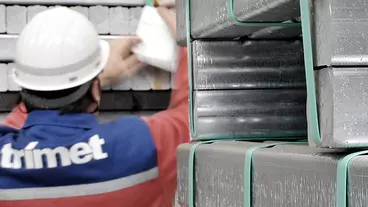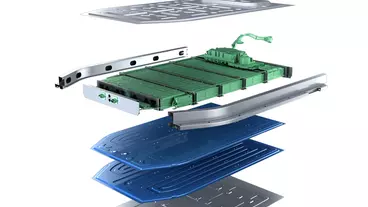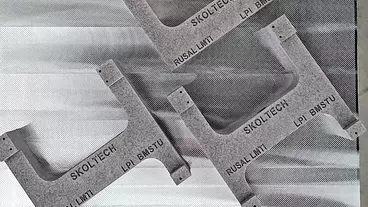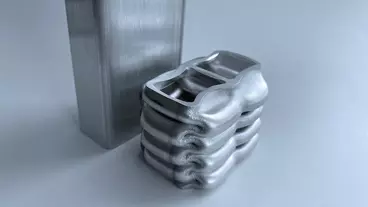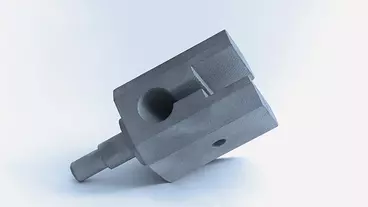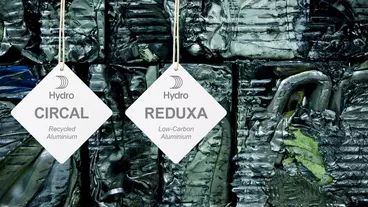In a joint effort, QuesTek Innovations LLC and the German Aerospace Centre will explore the full potential of QuesTek’s new printable aluminium alloy. QuesTek Innovations, a leading developer of metal alloys, announced that it has developed the new aluminium alloy for additive manufacturing. This alloy is capable of high-strength performance at elevated temperatures (200-300 °C) in the as-built condition. It is believed to be the first powdered Al material to meet those requirements without the need for subsequent heat treatment. The new alloy will enable the printing of lighter-weight precision components not currently possible with traditional manufacturing methods. Examples include heat exchangers or other components requiring internal cooling channels, where such features are not viable to obtain via machining. Because of the high-temperature strength of printed components using QuesTek’s new alloy, it will also be possible to reduce weight in parts that currently must be made from titanium.

